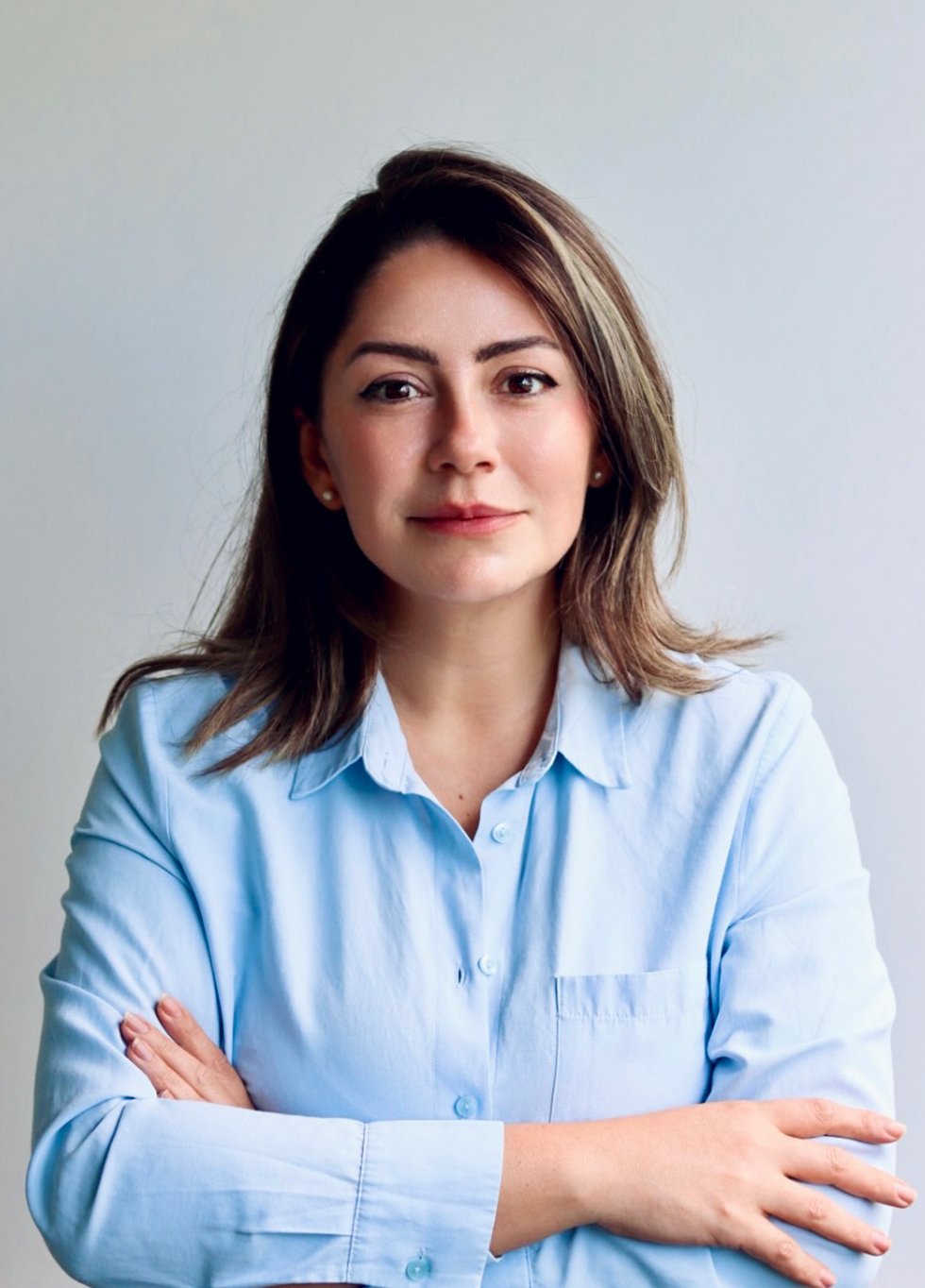Do 10.07.2025
10h-12h
• Campus Westend, Goethe University Frankfurt
SKW Building - Lecture Room B
Talk & Conversation
Surveilled Domesticity
Anna Karla de Almeida Milani
The talk has been organised by Daniela Ortiz dos Santos in the scope of the Seminar „Michohistories of Modern Architectural History,“ offered in the Summer Semester 2025 at the Art History Department of the Goethe University Frankfurt. This seminar proposes a series of encounters, conversations and reflections on microhistory and its reverberations in architectural history.
To close the seminar we will welcome Dr. Anna Karla de Almeida Milani, who will talk about her PhD project “Co.HabCT – Conditions of habitability in contemporary Company Towns. Rethinking the industrial cities and their productive habitats” that was completed in the Swiss Federal Institute of Technology in Lausanne (EPFL).
Short Bio
Dr. Milani received a 5 years B.Arch degree in 2015 (Universidade Estadual do Maranhão, Brazil), a triple M.Sc. degree in Historical Sciences with honours in 2018 (University Paris I Panthéon-Sorbonne, University of Padova and University of Évora), and a PhD in Architecture and Sciences of the City at Laboratory of Urbanism (2019-2024, Marie Curie PhD Fellowship) under the direction of Prof Paola Viganò. Her Doctoral Thesis on the biopolitical history of an Italian company town received the EPFL Thesis Distinction as the best thesis in Architecture (2024). Since 2025, Dr. Milani has been a Lecturer and Postdoctoral Researcher at the Heritage, Anthropology and Technologies (HAT) research group with Prof. Florence Graezer Bideau, as well serving as Postdoctoral Researcher at the Laboratory of Urbanism with Prof. Paola Viganò.
Her work proposes alternative narratives and microhistories of power, by considering the territory as a subject, and the socio-ecological transition as the great challenge of our times. Drawing on interdisciplinary methods, including archival research, microhistory, and spatial analysis, her research engages with questions at the intersection of history, architecture, and the social sciences. This approach not only uncovers the narratives embedded in company towns and industrial cities but also informs contemporary debates on the socio-ecological transition.
